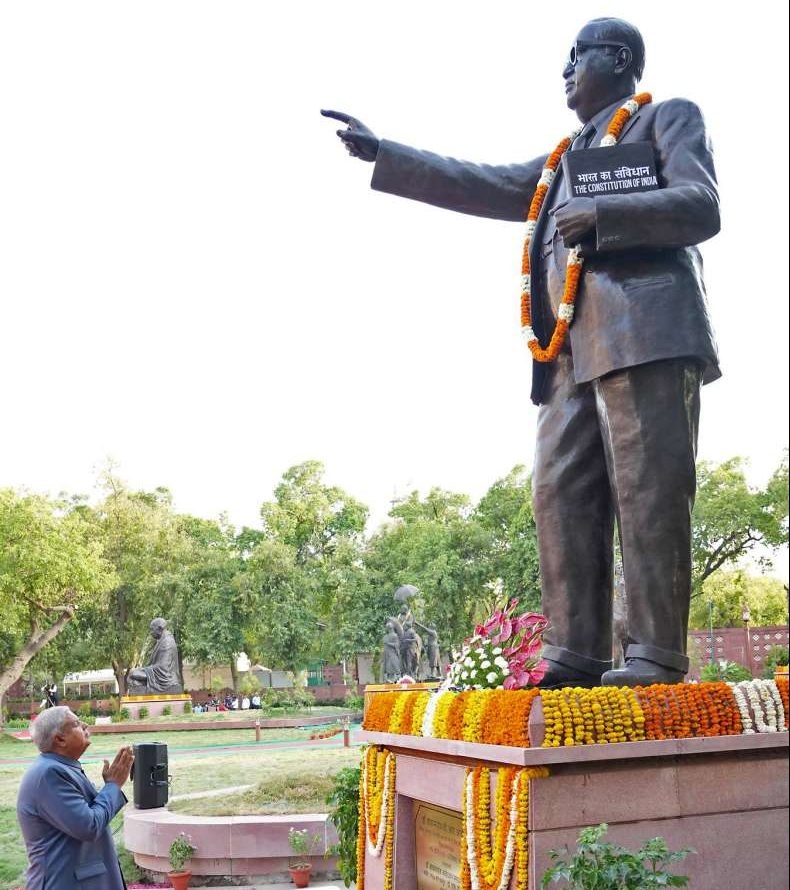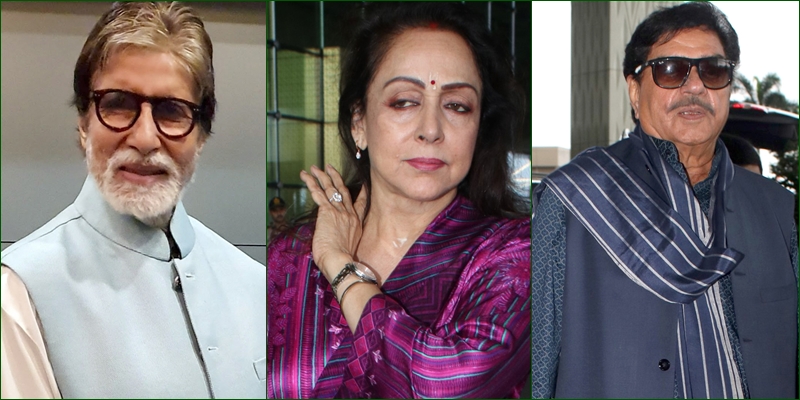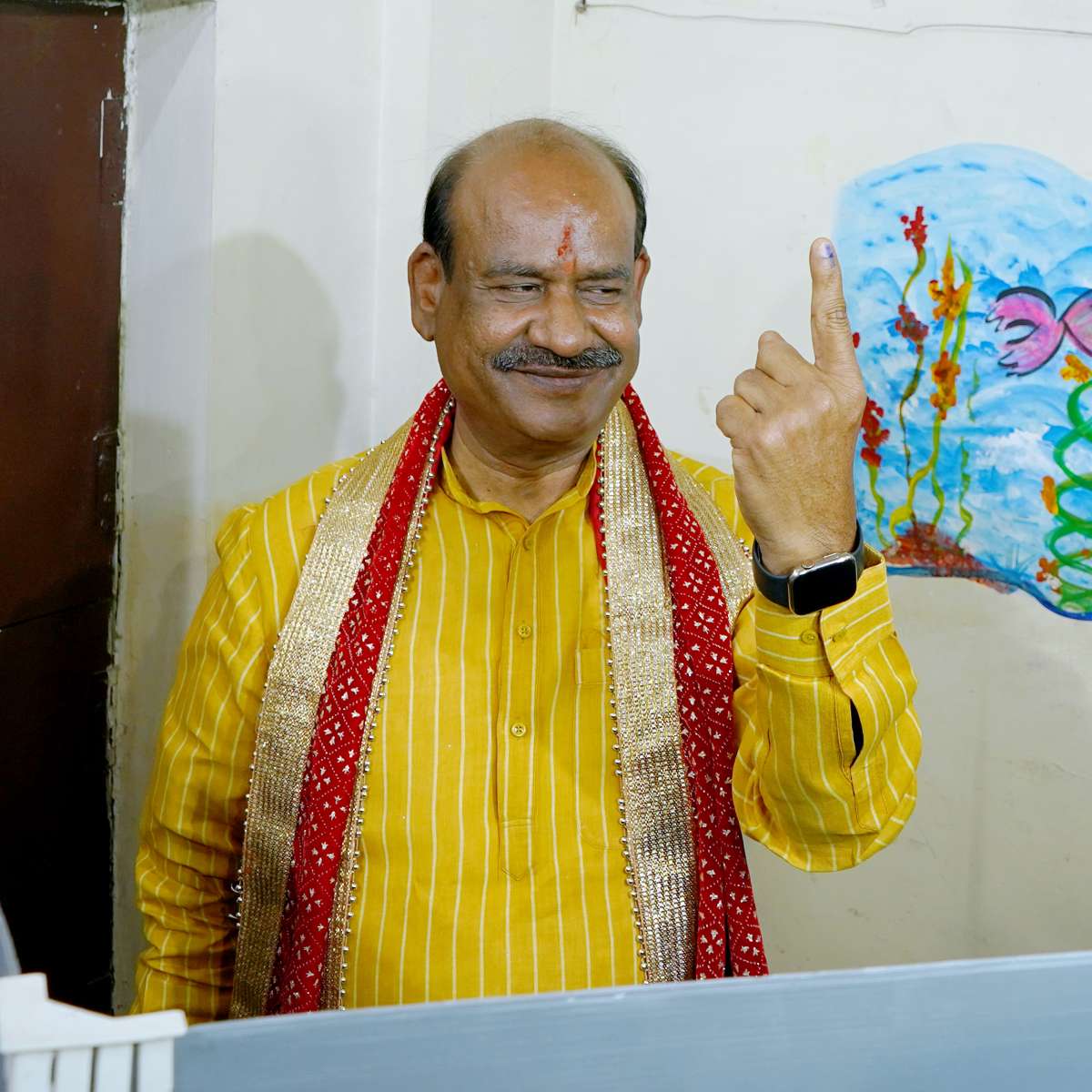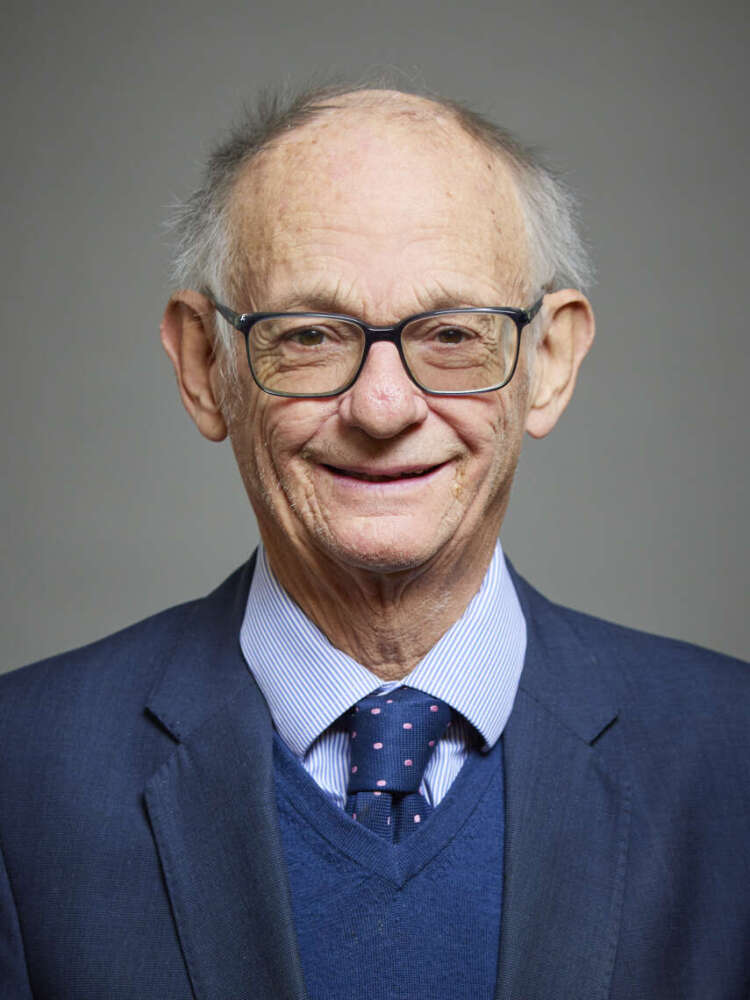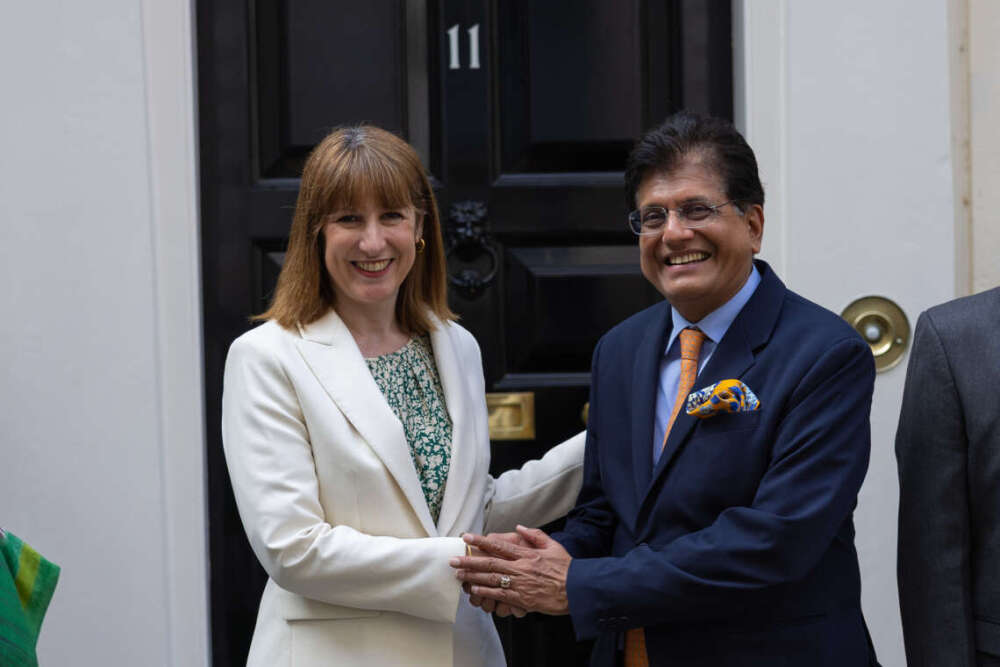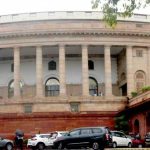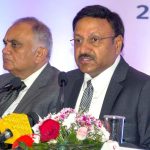The first session of the 18th Lok Sabha will begin on June 24 during which new members of the Lower House will take oath and the Speaker elected…reports Asian Lite News
If the opposition forces an election to the post of Speaker of the Lok Sabha next week, it would be the first such instance in the history of Independent India as the presiding officer has always been chosen by a consensus.
Elections to the post of the Speaker of the Central Legislative Assembly, as Parliament was called in the pre-independence days, were held for the first time on August 24, 1925 when Swarajist Party nominee Vitthalbhai J Patel won the coveted post against T Rangachariar.
Patel, the first non-official member to be elected as the Speaker, won the maiden election with a narrow margin of two votes. Patel had polled 58 votes against 56 garnered by Rangachariar.
Buoyed by its increased strength in the Lok Sabha, the opposition INDIA bloc is now aggressively demanding the post of the Deputy Speaker, which by convention is held by a member of an opposition party.
“We will force a contest for the post of Lok Sabha Speaker if the government does not agree to have an opposition leader as Deputy Speaker,” a senior Congress leader said.
The first session of the 18th Lok Sabha will begin on June 24 during which new members of the Lower House will take oath and the Speaker elected.
The INDIA bloc won 233 seats in the Lok Sabha elections, while the BJP-led NDA won 293 seats to retain power for the third consecutive term. The Telugu Desam Party (TDP) with 16 seats and Janata Dal (U) with 12 seats are the biggest allies of the BJP which won 240 seats.
The opposition bloc is also egging on BJP ally TDP to insist on the post of the Lok Sabha Speaker or face gradual disintegration of the party.
“We have the experience that the BJP betrays the people who support it,” Shiv Sena (UBT) leader Sanjay Raut said in Mumbai on Sunday.
The JD(U) has declared support for a BJP candidate as the Lok Sabha Speaker, while the TDP is understood to have favoured a consensus candidate for the coveted post.
The post of the Speaker of the Central Legislative Assembly has witnessed a contest on six occasions between 1925 and 1946.
Vitthalbhai Patel was re-elected to the post unanimously on January 20, 1927 after the completion of his first term. Patel quit the post on April 28, 1930 following a call for Civil Disobedience by Mahatma Gandhi. Sir Muhammad Yakub (78 votes) won the Speaker’s election against Nand Lal (22 votes) on July 9, 1930.
Yakub stayed in the post for one session, the last of the third Assembly. In the fourth Assembly, Sir Ibrahim Rahimtoola (76 votes) won the Speaker’s election against Hari Singh Gour who got 36 votes. Rahimtoola resigned on health grounds on March 7, 1933 and was succeeded by Shanmukham Chetty on March 14, 1933 as the unanimous choice.
Sir Abdur Rahim was elected as the Speaker of the Fifth Assembly on January 24, 1935. Rahim had polled 70 votes against T A K Sherwani, who could muster the support of 62 members.
Rahim held the high office for more than 10 years as the tenure of the fifth Legislative Assembly was extended from time to time on account of the contemplated constitutional changes and later due to the World War II.
The last contest for the post of the Central Legislative Assembly Speaker was held on January 24, 1946 when Congress leader G V Mavalankar won the election against Cowasjee Jehangir by a margin of three votes. Mavalankar polled 66 votes against 63 by Jehangir.
Mavalankar was subsequently appointed as the Speaker of the Constituent Assembly and the Provisional Parliament that came into being after the Constitution came into force on January 26, 1950.
Mavalankar continued to be the Speaker of the Provisional Parliament till April 17, 1952 when the Lok Sabha and the Rajya Sabha were constituted after the first general elections.
Since Independence, Lok Sabha Speakers have been chosen by consensus, and only M A Ayyangar, G S Dhillon, Balram Jakhar and G M C Balayogi have been re-elected to the coveted posts in the subsequent Lok Sabhas.
Ayyangar, the first Deputy Speaker of the Lok Sabha, was chosen as the Speaker following the death of Mavalankar in 1956. He won the 1957 general elections and was chosen as the Speaker of the second Lok Sabha.
Dhillon was chosen as the Speaker of the fourth Lok Sabha after the resignation of incumbent N Sanjeeva Reddy in 1969. Dhillon was also chosen as the Speaker of the fifth Lok Sabha in 1971 and continued in office till December 1, 1975, when he quit during the Emergency.
Jakhar was Speaker of the seventh and the eighth Lok Sabhas and holds the distinction of being the only presiding officer to complete two full terms.
Balayogi was chosen as the Speaker of the 12th Lok Sabha, which had a tenure of 19 months. He was also chosen as the Speaker of the 13th Lok Sabha on October 22, 1999, till his death in a chopper crash on March 3, 2002.
ALSO READ-US Concerned Over Deepening North Korea-Russia Military Ties


